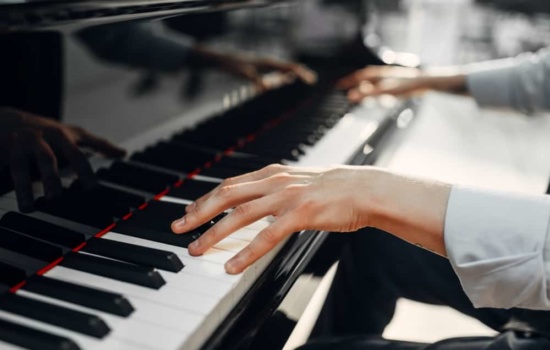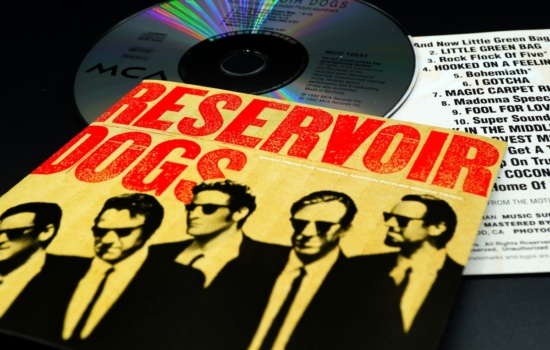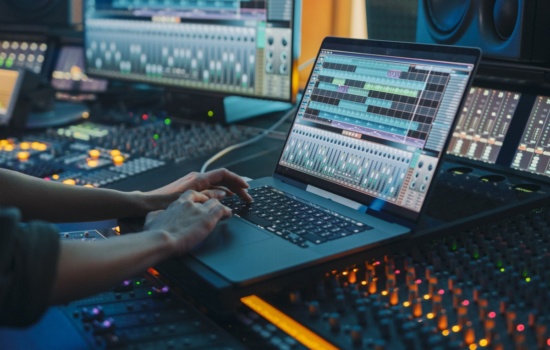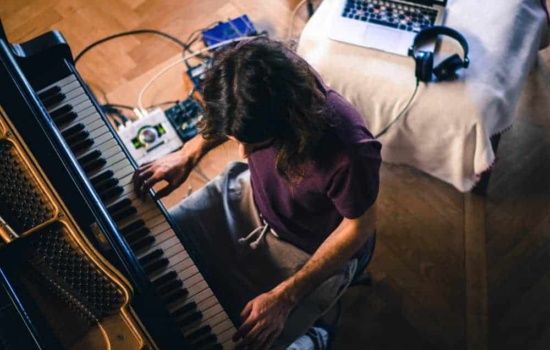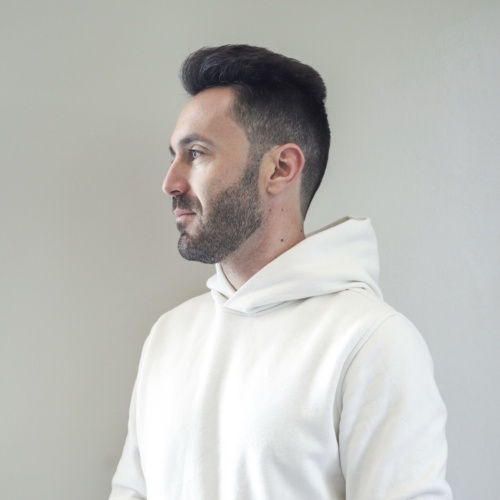The first step is to write your 3-note melody.
One of Servati’s music teachers told him: “Anyone who can whistle can compose.”
And he wholeheartedly agrees with that worldview.
“I think if you’re able to whistle a little tune, a little melody, or sing a short phrase – I think anyone can get started composing that way,” he said.
But for you to have anything to whistle in the first place, you need to be a consumer and lover of music, according to Servati’s creative approach.
“…I really feel like listening to music is like putting fuel in your car,” he said. “You have to have gas to drive your car. For me, listening to music…that is really helpful to me. It kind of just starts putting musical ideas in my ears, and then that’s really what I use as a jumping-off point to get my own ideas flowing.”
Obviously, he’s not copying or stealing melodies and you shouldn’t either. But any music you listen to will influence you, and you need influences in order to make something.

